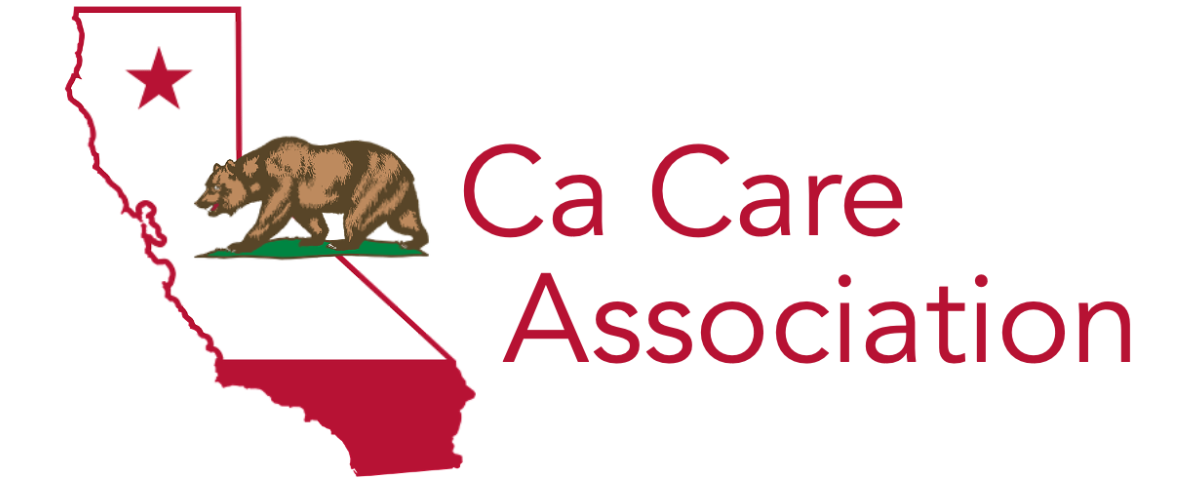HCBS No. 8: Ensuring Food Access
Having proper access and a well-structured schedule for food is important for residents living in an HCBS setting. Adequate and regular access to nutritious meals ensures that individuals receive the essential nutrients and energy they need to maintain their overall health and well-being. Residents of group homes typically have more control over their schedule and access to food than they would in a larger institution. They also generally have more opportunities to interact with other residents and staff members on a personal level.
There are various requirements that an individual must meet to qualify as a residential provider. These requirements include having control over their schedule, access to food, and a safe environment. Providers who meet these requirements can provide their residents with higher care. In addition, these providers are also more likely to be able to provide a comfortable and enjoyable living experience for their residents.
Schedule And Access To Food Regulation
The United States Department of Agriculture's (USDA) new residential provider final rule aims to ensure that all children living in residential care settings have access to nutritious meals that meet their individual needs. The rule establishes a schedule and access requirements for food service in these settings and standards for food storage, preparation, and service.
The new rule will go into effect on October 1, 2017, and will apply to all residential care providers participating in the USDA's Child and Adult Care Food Program (CACFP). Residential care providers that do not participate in the CACFP will still be required to comply with state and local food service laws and regulations in these settings.
The rule intends to improve the quality of care for children living in residential care settings by ensuring they have access to nutritious meals that meet their individual needs.
Consequences of Not Complying
The United States Department of Agriculture (USDA) has released a new rule requiring all residential providers who participate in the Supplemental Nutrition Assistance Program (SNAP) to offer scheduled food service and make reasonable efforts to provide adequate access to food. This rule ensures that all SNAP participants have regular access to nutritious meals.
If a residential provider does not comply with the new rule, they may be subject to penalties, including the suspension or termination of their SNAP benefits. This could have serious consequences for the residents who rely on the provider for their meals. It is essential for all SNAP participants to be aware of this new rule and to make sure that their residential provider complies.
Conclusion
In conclusion, the Residential Provider Final Rule Requirements: Schedule And Access To Food are designed to ensure that residents have nutritious meals and adequate access to food. The requirements include a schedule of meals and snacks and access to food at all times. While these requirements may seem daunting, they are necessary to ensure that all residents have the opportunity to lead healthy lives.
Knowing your rights about even just the little things like schedule and access to food is important to make sure that you are not being neglected and you are getting proper care.
HCBS has other Federal Settings Rules made to make the lives of individuals better in their chosen care setting. These rules are essential to know to provide the highest quality of care and support to individuals receiving HCBS
Read more about the different HCBS rules in Ca Care Association’s Care News Section
https://www.cacareassociation.org/news-and-resources/news
Join Ca Care Association in helping the vulnerable population, check out below the ways you can get involved:


